HOW CAN A CAREGIVER HELP A PERSON WITH RHEUMATOID ARTHRITIS?
We all know that rheumatoid arthritis (RA) can cause physical discomfort for a person, but it can also impact their mental health. They may feel low and frustrated.
Looking after a loved one suffering from RA can be emotionally and physically draining on caregivers as well.
Here are some tips to help caregivers take better care of their loved ones living with RA:
Be prepared
RA flare-ups are hard to predict. Having consistent, convenient access to medicines can help manage symptoms during a flare.
Maintain strong interpersonal relationships
Caregivers should speak openly with their loved one about guilt, anger or fears about RA
Leverage technology
Technology can help the caregiver and their loved one stay organized. Caregivers should save doctors’ phone numbers, insurance information, prescriptions in one place and create a backup of all the data. Using apps to create medication reminders can also be helpful
Call for support
Caregivers should reach out to close friends or family members to help with some caregiving duties.
Reserve a ride
If a person with RA needs a wheelchair at the clinic, airport, or hotel, it is advisable to arrange for the same in advance
Look out for signs and symptoms of depression
Caregivers should look out for depression symptoms and warning signs such as incessant crying, binge drinking and alcohol abuse, sleeping too much or too little, body aches and being withdrawn from their surroundings
Plan healthy meals and a well-balanced diet
Caregivers should consult their healthcare provider to better provide healthy meals for their loved ones.
WHAT TO ASK THE DOCTOR?
Here are some questions that caregivers can ask the treating doctor,
particularly at the first appointment:
- Are there any symptoms or warning signs to look out for that may signal a flare-up?
- What are the available treatment options, and which is recommended?
- How should one deal with the pain their loved one is going through?
- How to help a RA patient cope with the changes that have been brought about by the disease?
- What are the most common side effects of treatment?
- What are the long-term complications of the disease?
COMMON TERMS A CAREGIVER SHOULD KNOW
Having basic knowledge about common terms related to RA can help improve understanding of the symptoms, doctor’s diagnosis and treatment options. Some of the common terms include:

Anaemia
Low red blood cell count. A symptom of RA.
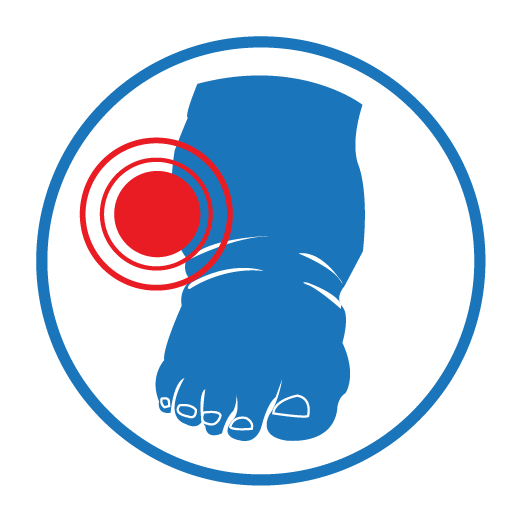
Oedema
Swelling due to fluid retention. A symptom of RA.
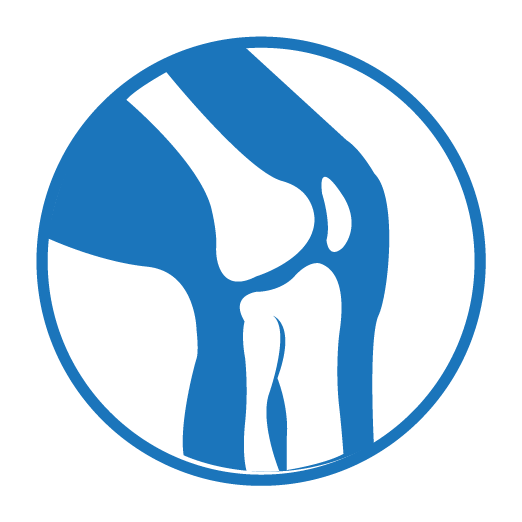
Joints
A joint is where two or more bones meet. It allows the to allow movement.

Facet Joints
Spinal joints are called facet joints (or zygapophyseal joints).
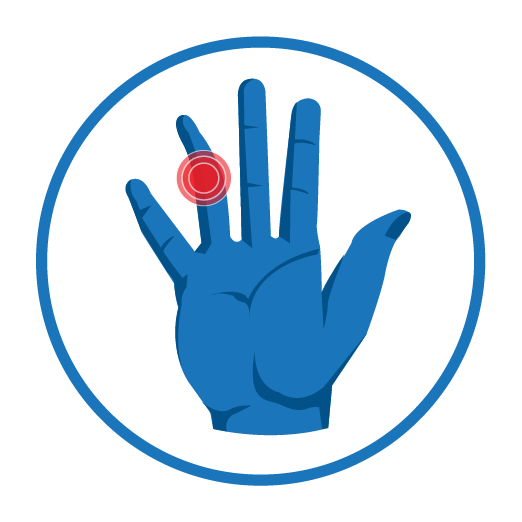
Flares
A state when RA symptoms are active or worsen.
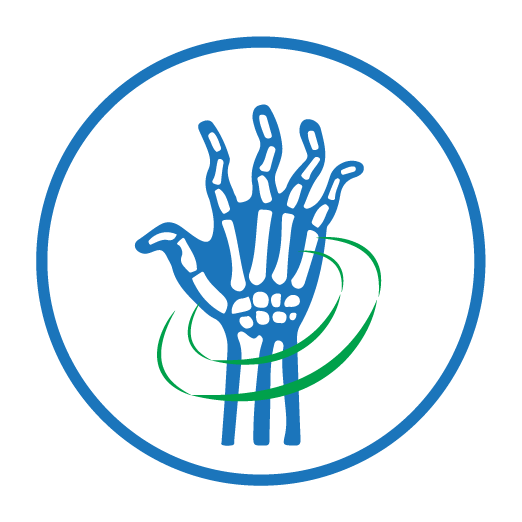
Remission
A state when RA symptoms improve or are inactive.

Immune System
The body’s defence system against various germs and foreign substances.

Rheumatoid Factor
This is a protein or a component found in the blood of many RA patients.
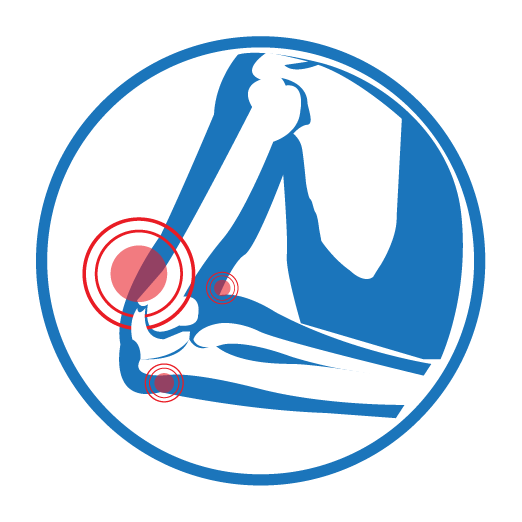
Rheumatoid nodules
Small bumps underneath the skin, especially near the elbows.
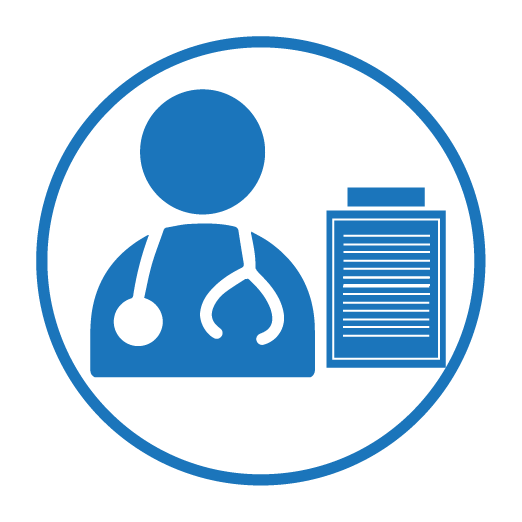
Rheumatologist
A medical doctor who specializes in autoimmune conditions and rheumatic joint diseases that affect joints, muscles and bone function.
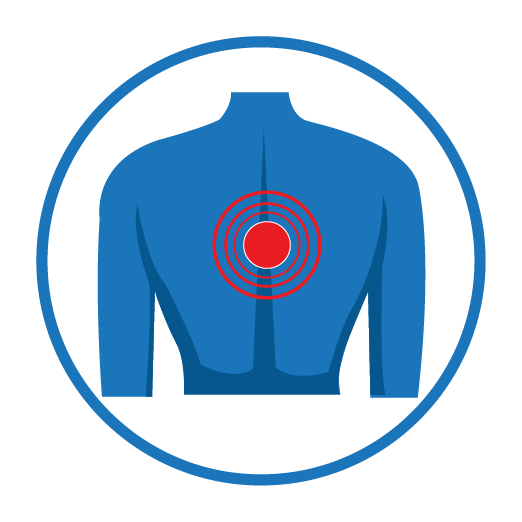
Autoimmune Disease
A state when the body’s immune system cannot tell the difference between a healthy cell or a diseased cell. In autoimmune diseases, the body erroneously attacks its own healthy tissues. RA is an autoimmune condition.
MAKING THE HOME RA FRIENDLY
These accommodations in the living area and kitchen can make life easier and safer for an RA patient.

- 1. Larger door for a wheelchair to pass through (if any).
- 2. Install long door handles over door knobs, to provide better grip.
- 3. Use non-slippery rugs and ensure they are kept dry at all times.
- 4. Drawing rooms should be well lit to reduce fall risks and prevent falls.
- 5. Carpeting or floor surface should be smooth and easy to walk on, and use a wheelchair or walker.
- 6. Tuck away electrical cords to avoid tripping.
- 7. Avoid chairs without arm support as they may cause discomfort to the hands and wrists.
- 8. Open shelves in the kitchen enable easy access to utensils and other items.
- 9. Keep a cart with wheels to transport meals.
These changes in the bedroom and bathroom can improve standard of living for RA patients.

- 10. Keep all the prescribed medicines handy on a side table in the bedroom.
- 11. Avoid setting up a TV in the bedroom as it hinders rest hours and a good sleep schedule.
- 12. Keep all the clothes in the hanging rack instead of the wardrobe as it is easier to access.
- 13. Install holding rails to get in and out of bed easily.
- 14. Use a thin mattress as it is easier to get on and off, and to clean.
- 15. Use a squeeze bottle to dispense soap.
- 16. Insert a foldable seat near the shower for added support and safety while bathing.
- 17. Use anti-slip bath rugs to prevent falls.
- 18. Install a toilet seat so that the patient does not have to squat or bend too low.
- 19. Install grab for additional support when getting into or out of the shower and for better balance while standing in the shower.
- 20. Install a wall shower rather than a hand showers as it is easier to use.
- 21. Keep a first aid box ready in the bathroom in case of an emergency.
- 22. Keep towels ready in the bathroom for convenience.
HOW TO MANAGE AND HELP THEM DEAL WITH PAIN?
Dealing with RA pain can be difficult at times, both for the patient as well as the caregiver.
These tips may help in managing and coping with the pain:
- Apply hot/cold packs as advised on the swollen and painful areas of the joints.
- Divert their attention from negative thoughts, which often occur alongside and can be heightened by pain.
- Exercise together, or engage in other fun activities and invite others to join.
- Giving them a gentle massage can also provide quick relief.
- Opt for fruits, vegetables, whole grains, and lean protein.
- Practice breathing techniques for stress relief and to reduce anxiety.
PROVIDING SOCIAL AND EMOTIONAL SUPPORT
A positive attitude may help ease the physical pain. Follow these tips to stay upbeat:

Dealing with the denial
Help them accept the disease. Remember accepting without judgment is the key to a more productive life in RA for both the patient and caregiver.

Be positive
Having a positive outlook helps to prepare for the worst while hoping for the best

Stay active to stay strong
Depression, pain and RA are connected. So, try to stay active with them as much as possible.

Seek support
Reach out to friends, family, or even a therapist for help.

Stay connected
Make them connect with others who have RA.

Make the family aware
Encourage friends and family to accept their illness.
SELF-CARE
Self-care is an important aspect for any caregiver, yet, it is often neglected.
Middle-aged caregivers can also be at an increased risk of developing depression as they may be dealing with other responsibilities. Irrespective of age, gender, race and ethnicity, caregivers report these problems:

Here are a few self-care tips that can help:

Identify warning signs of stress and take action

Get rid of the guilt and anger. Make time for self-care

Set personal goals

Adopt a problem-solving attitude for each and every situation

Ask for and accept a helping hand

Communicate in a clear, assertive, and constructive manner

Exercise regularly to stay physically fit and mentally strong




